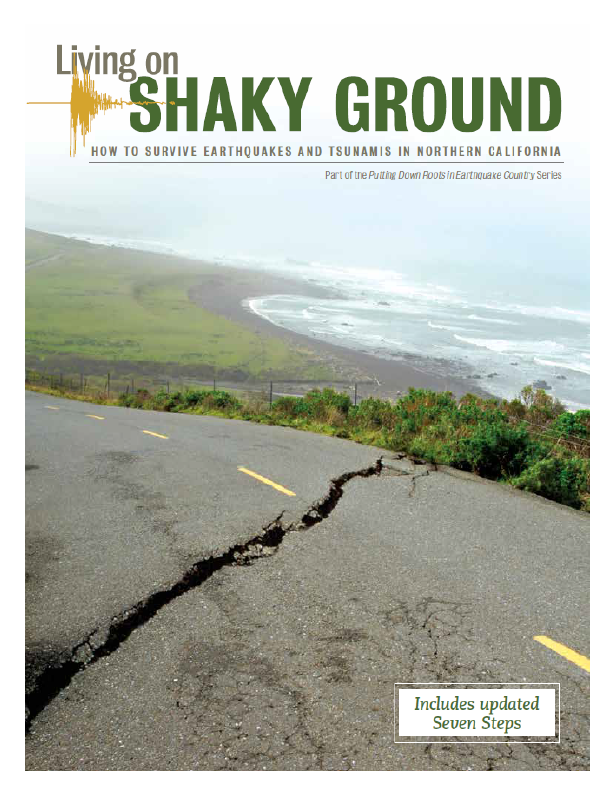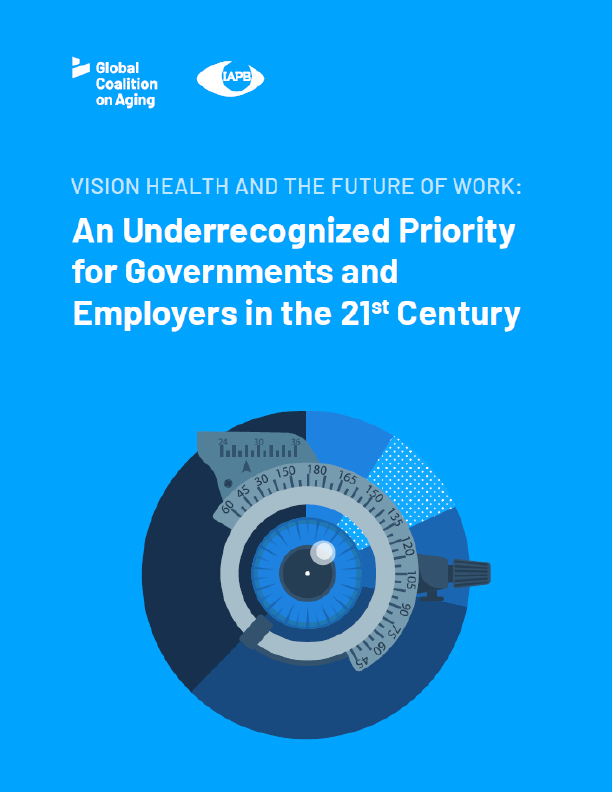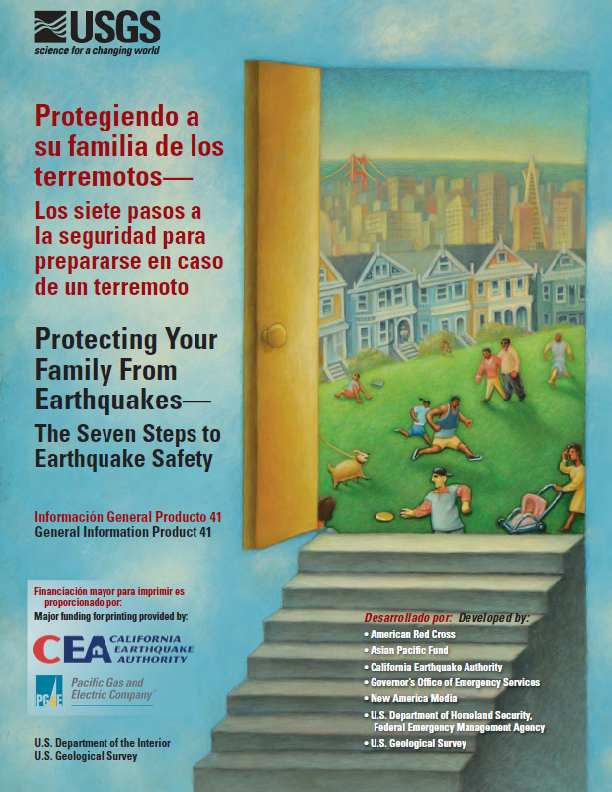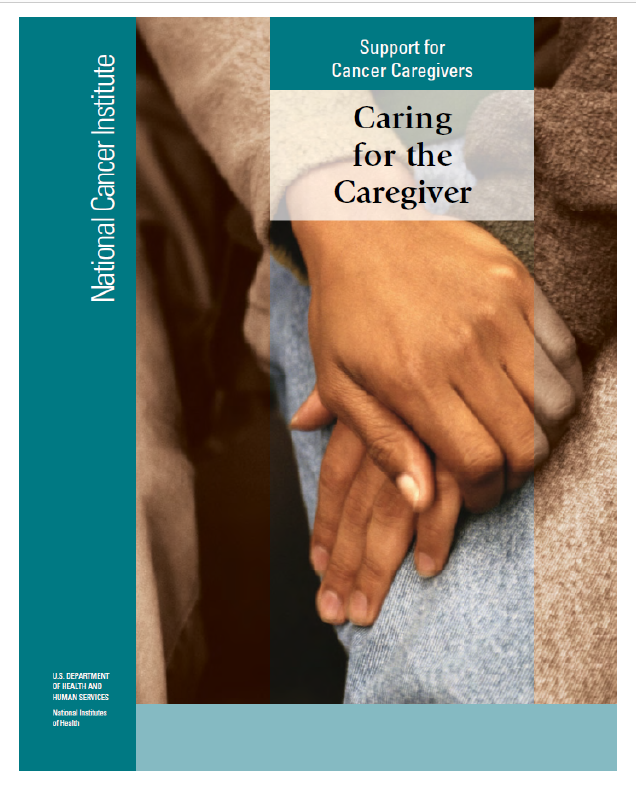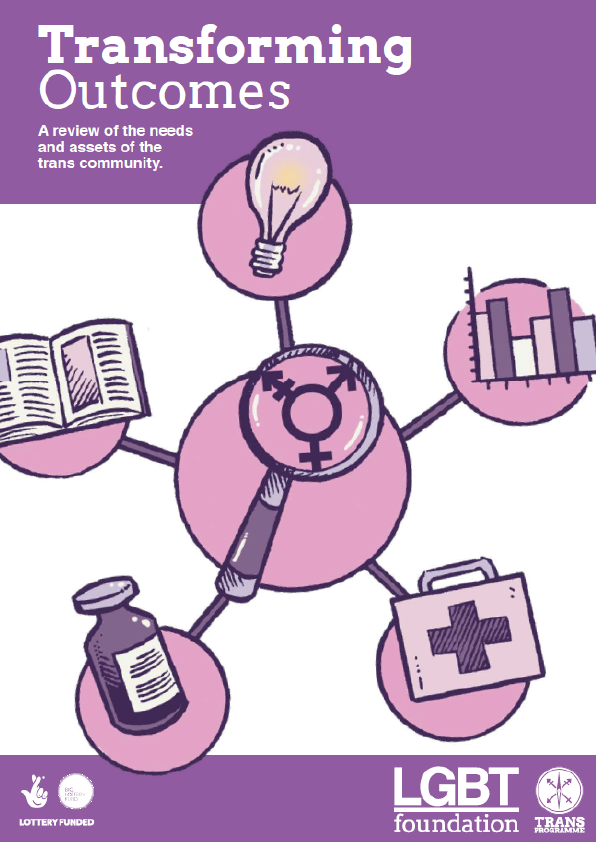Most of us would rather not think about what happens to our bodies after death. But that breakdown gives birth to new life in unexpected ways, writes Moheb Costandi.
“It might take a little bit of force to break this up,” says mortician Holly Williams, lifting John’s arm and gently bending it at the fingers, elbow and wrist. “Usually, the fresher a body is, the easier it is for me to work on.”
Williams speaks softly and has a happy-go-lucky demeanour that belies the nature of her work. Raised and now employed at a family-run funeral home in north Texas, she has seen and handled dead bodies on an almost daily basis since childhood. Now 28 years old, she estimates that she has worked on something like 1,000 bodies.
Her work involves collecting recently deceased bodies from the Dallas–Fort Worth area and preparing them for their funeral.
“Most of the people we pick up die in nursing homes,” says Williams, “but sometimes we get people who died of gunshot wounds or in a car wreck. We might get a call to pick up someone who died alone and wasn’t found for days or weeks, and they’ll already be decomposing, which makes my work much harder.”
John had been dead about four hours before his body was brought into the funeral home. He had been relatively healthy for most of his life. He had worked his whole life on the Texas oil fields, a job that kept him physically active and in pretty good shape. He had stopped smoking decades earlier and drank alcohol moderately. Then, one cold January morning, he suffered a massive heart attack at home (apparently triggered by other, unknown, complications), fell to the floor, and died almost immediately. He was just 57 years old.
Now, John lay on Williams’ metal table, his body wrapped in a white linen sheet, cold and stiff to the touch, his skin purplish-grey – telltale signs that the early stages of decomposition were well under way.
Reference:
- The very first study of how gut bacteria spread through a decomposing human body, by Gulnaz Javan and her colleagues.
- The latest paper from Sybil Bucheli’s lab, showing that the insect species that colonise cadavers are far more diverse than we thought.
- 2013 study by Bucheli and colleagues showing that the bloat stage of decomposition is associated with a change in microbial composition.
- 2014 paper demonstrating the existence of a “microbial clock” in decomposing mice.
- A recent review of the emerging field of forensic entomology.
- ‘Sky Burial: Excarnation in Texas’, a great article on Texan body farms in Oxford American.
- ‘The science of human decay’, another great article on Texan body farms in Vox.
- How human composting will change death in the city, an article in Grist.
- Behind-the-scenes: life and death in loo rolls – Artists Lightning + Kinglyface discuss the art accompanying this article on the Mosaic blog.




